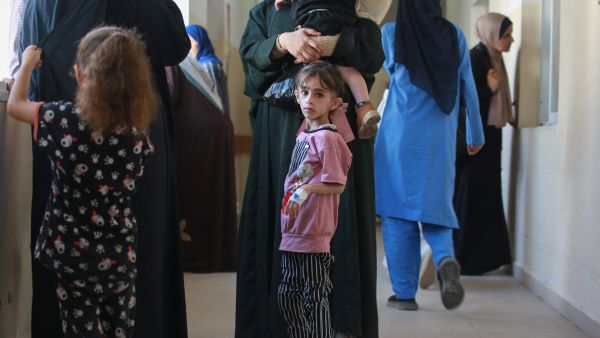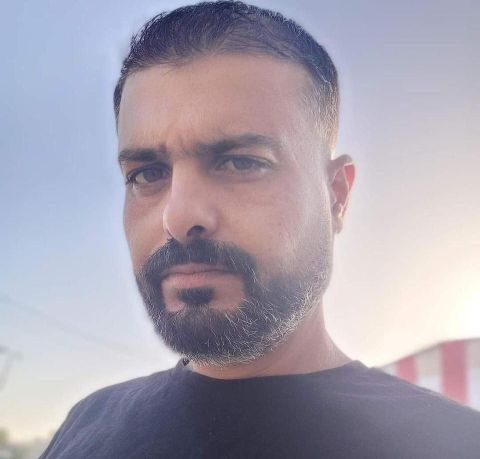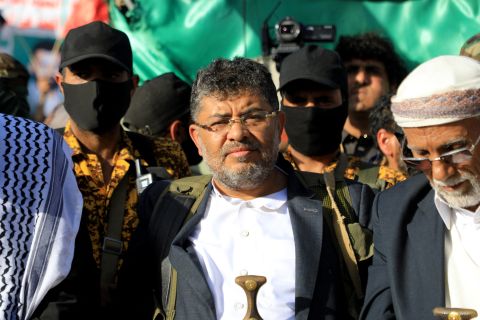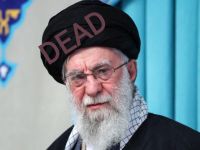ALBAWABA - UN's World Health Organization (WHO) warned earlier that with the violence in Gaza not scaling down, Polio disease will be spreading among larger numbers of people across the strip, making it nearly impossible to distribute the vaccine.
WHO regional director, Hanan Balkhy, warned of Israel's continuous attempts to hinder the health body's efforts in expanding a Polio vaccine campaign across Gaza.
"We need a ceasefire, even a temporary ceasefire to successfully undertake these campaigns. Otherwise, we risk the virus spreading further, including across borders," Balkhy stated.
The Health Ministry in Gaza designated the besieged strip a "polio epidemic zone" on July 30, blaming the virus's resurgence on Israel's 10-month military onslaught and the damage to health infrastructure.
According to the ministry, the CPV2 strain of the virus was found in sewage water samples from Khan Younis in the south of the Strip as well as portions of central Gaza.
Children under the age of five are most vulnerable to CPV2 strain of Polio, particularly newborns under the age of two, because regular vaccination efforts have been stopped by the fighting.
Al-Aqsa Flood operation against Israel
Hamas military group announced on Oct. 7 a military operation called "Al-Aqsa Flood" against Israel which is the biggest offensive in decades.
Palestinian fighters “infiltrated” Israel from the Gaza Strip and captured military bases and took hostages as photos and videos went viral online showing Hamas fighters on vehicles inside Israel and others paragliding into occupation territory.
In response, Israeli armed forces announced targeting Hamas positions inside the Gaza Strip. Thousands were killed, and dozens of thousands of others were injured in the Israeli attacks on the Gaza Strip.
The latest statistics by the Ministry of Health in Gaza revealed that the death toll from Israeli brutal pounding on the Gaza Strip since October 7 has soared to 39,677+ people, with more than 91,645+ injuries.
Since then, approximately 85% of Gazans have been displaced, all of whom are suffering from severe food insecurity, and the healthcare system has collapsed. Hundreds of thousands of people lack shelter, and aid trucks are entering the area at a lower rate than before the conflict began.









